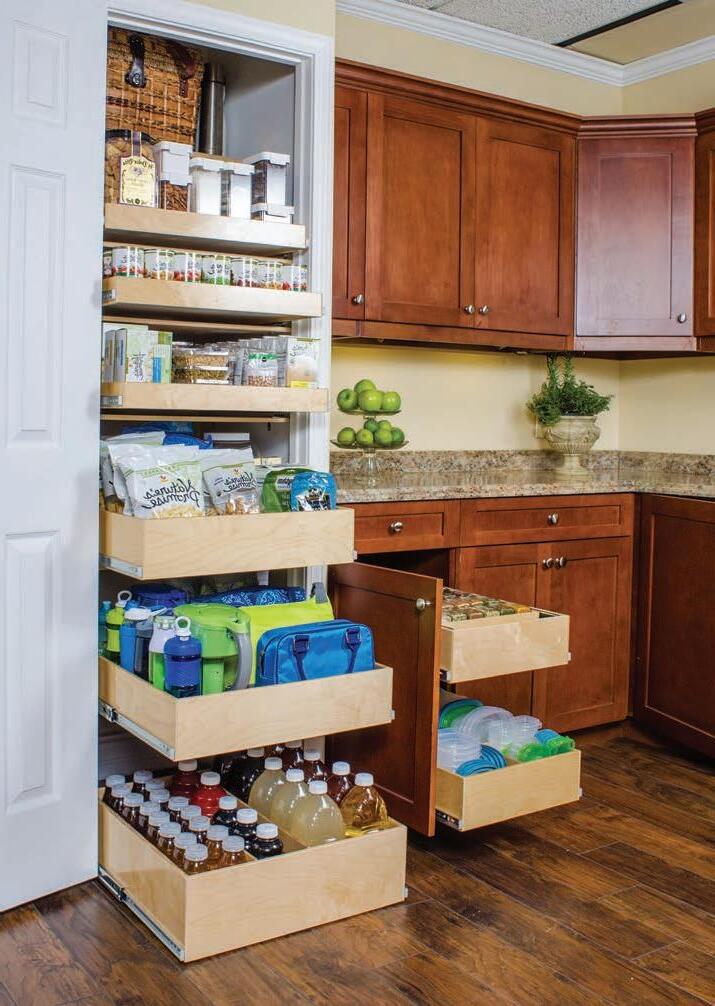
3 minute read
MISSION
“We are thrilled to provide the Spirit Lake community with access to healthy, traditional meals,” said Mary Greene Trottier, director of Spirit Lake Nation’s Food Distribution Program, in a news release.
So far, there has been a very positive response to the program, Jacobs said. He added that recently there was a family of eight living at Spirit Lake Nation that found themselves experiencing homelessness. e meals from Tocabe were used to support this family during their hard times. Upon learning this, Jacobs said it validated all their hard work. “ is is a situation where individuals would normally be given a loaf of bread, but instead, they were given a very speci c cultural meal – from native producers all over the country,” Jacobs said.
‘The makers and takers of our own future’ e existing programs are great to get food to people who need it immediately, he added, but Tocabe wanted to build something sustainable, while also providing foods that are spiritually and nutritionally valuable.
Food banks and the like support the donation of commodities or single, individual items that often lack nutritional value, such as processed foods like chips or white bread, Jacobs said.
Tocabe’s Direct-to-Tribe Ready Meal program is also groundbreaking because most federally-funded food programs don’t support full, prepared meals as a donation.
“ ere are no acceptable protocols on a federal level to provide a multi-com- ponent meal,” said Jacobs. “To achieve this through a government program would have required so much time and so many voices, (and) eventually getting Congress involved.”

After going back and forth with the Agriculture Department and other food and nutrition services out of Washington, Jacobs and Chandra decided to nd an alternative.
“If we want to be the makers and takers of our own future, we need to do it ourselves,” said Jacobs. rough federal grant building with Spirit Lake Nation, and a 10-year friendship and partnership, the Directto-Tribe Ready Meal program came to be. While it is federally funded through grants, it is not part of the Food Distribution Program on Indian Reservations. Going this route also allows for more freedom, Jacobs said, because they are not con ned to speci c parameters, as would have been the case if it were funded by an existing government program.
Food is more than just food
According to Jacobs, when indigenous people gather to feast, it is not just a time to nourish the body, it’s also a time to connect.
erefore, using culturally relevant foods and supporting tradition is a key proponent of the Direct-to-Tribe Ready Meal program.
Traditional food items include bison and sh, wild rice, tepary and pinto beans, maple syrup, and various corn meals including white, yellow, blue and red, Jacobs said. e prepared meals for the program have thus far been wild rice jambalaya with bison sausage, andouille sausage, chipotle bison chili with roasted sweet and purple potatoes, pumpkin butternut squash wheatberry risotto with roasted root vegetables, and green chili stew.
A closed loop system is program is designed to create a Native American infrastructure, Jacobs said. e prepared meal program is not only changing health, but also changing communities economically, by allowing dollars to stay within the tribes.
“Our work is not about, how do we solve for tomorrow, but, how do we solve for years from now,” he said. “We don’t just want a food economy, we need a nancial economy as well.” e bison were purchased from Fred DuBray and Cheyenne River, then taken to Osage Nation in Oklahoma for processing. is meat was then used in the meals that were prepared for Spirit Lake
Jacobs told of a recent bison purchase as an example of the ideal, closed loop.
Nation, he said.
Tocabe will continue supporting communities of color and diverse communities, and uses a business model that does not devalue the time, e ort and commitment of food producers. For example, when it comes to purchasing ingredients, Jacobs said he does not negotiate. If Tocabe cannot a ord to pay a distributor the true value of what their product is worth, he will nd a way to raise the money to pay the desired value.
A community-driven

Experience
Many other tribal nations are passed enroute to Spirit Lake Nation, including Pine Ridge, Rose Bud, Standing Rock and Cheyenne River. e pipe dream is to build channels to deliver along the plains and drop o meals for all of these Native people, Jacobs said.
Eventually, Tocabe hopes to expand to Oklahoma – where Osage Nation resides – and throughout the southwest.
For now, Jacobs invites everyone to celebrate alongside Tocabe through mindful meals: Eat with tradition, support your own well-being, and support local food production.
“ is is a community-driven experience. Learn about other cultures and celebrate our di erences because it’s important to know about all peoples’ cultural relevance,” Jacobs said. “If we can all inspire each other, we can live in a much better world.”
For those who want to support the Directto-Tribe Ready Meal program, there are opportunities to donate directly to the distribution on the Tocabe website or through a “buy two, give one” option at Tocabe’s Indigenous Marketplace. Learn more at tocabe.com.









